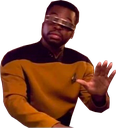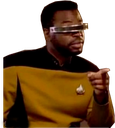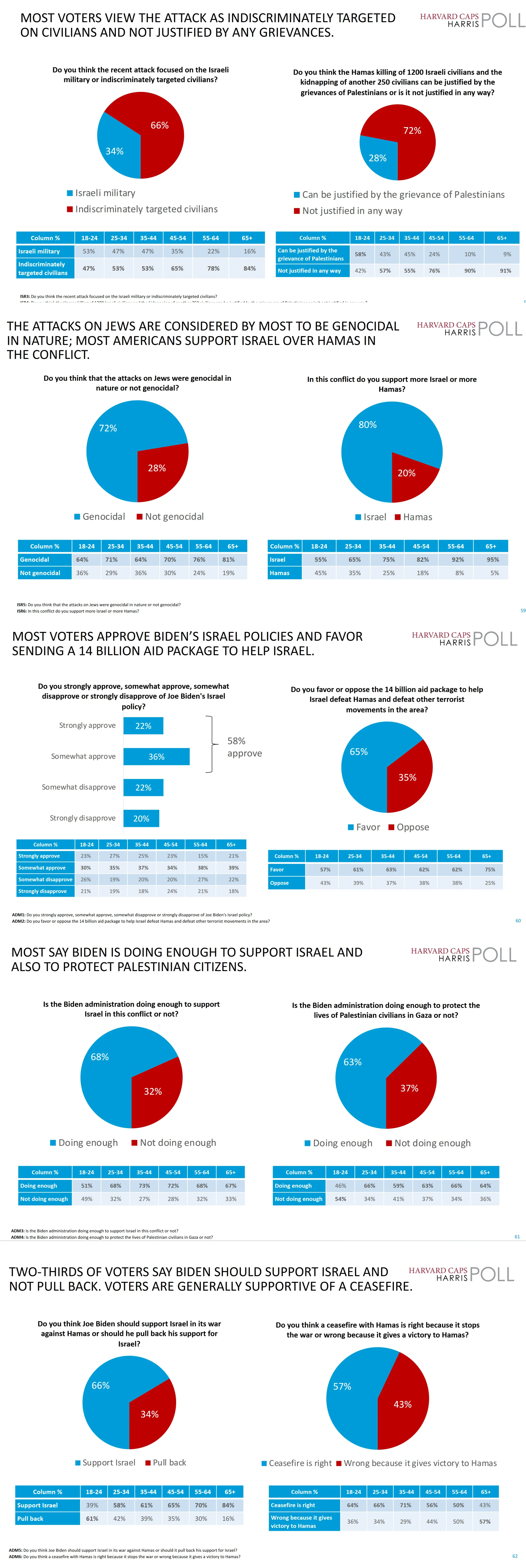At least in my high school, there was definitely an element of "This information is trustworthy" / "That information is fake" when it comes to distinguishing between mainstream press and alt-media. But the focus was far more around the check-out section tabloids, which were all right-wing shitrags anyway. Growing up in the Houston suburbs, you didn't have a lot in the way of Ad Busters or Processed World, much less Trotsky agitprop. The Onion was the closest we got, and I only started seeing that in college.
With online media giving a much broader and less well-defined venue for news circulation, I would genuinely be curious to hear what a California middle school classroom discusses wrt Twitter journalism and TikTok Did You Knows. Its not like you can just take or leave the particular app, as there's a pretty wide spectrum of credibility on any given platform.
 Being a 10/10 stacked hottie with awful politics and a personality to match
Being a 10/10 stacked hottie with awful politics and a personality to match Being a chill friendly comrade who is welcome in any polycule and knows the recipe for some muy caliente cruelty free tacos
Being a chill friendly comrade who is welcome in any polycule and knows the recipe for some muy caliente cruelty free tacos
If you strip out the "Communism Bad!" agitprop, that's not the worst place to start. Orwell does a great job of enumerating methods of media manipulation and exemplifying them. What's more, the material itself is an excellent example of media manipulation. And Orwell's own history is littered with examples of manipulation and agitprop.
So, in the proper context, yeah. Fucking include it. Maybe run "The Jungle", "The Wizard of Oz", and "Letters from Birmingham Jail" beside it, along with a bunch of those late-19th/early-20th political cartoons, into the curriculum as well. But Orwell absolutely deserves to be a part of any critical understanding of media manipulation.